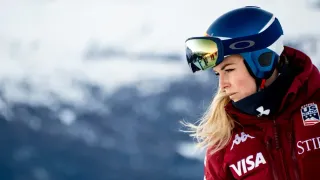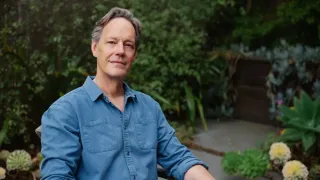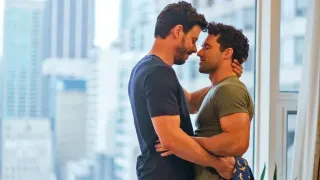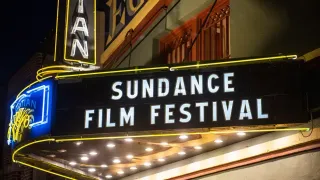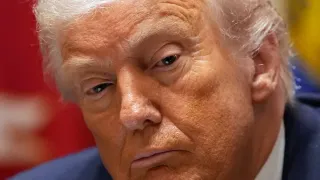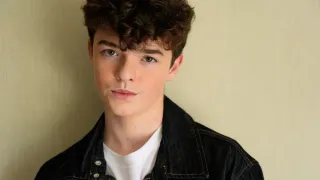August 3, 2020
Gael García Bernal Cast As Flamboyant Gay Wrestler Cassandro in Upcoming Biopic
Kilian Melloy READ TIME: 2 MIN.
"Y Tu Mam� Tambi�n" star Gael Garc�a Bernal has been tipped to play the title role "Cassandro" in a biopic about the openly gay Mexican wrestler's life, Deadline reports.
Cassandro was the professional moniker of Sa�l Armend�riz, an "exotico" – a wrestler who appears in drag – who touted his ringside persona as the "Liberace of Lucha Libre," Mexico's brand of pro wrestling.
The casting news comes mere days after a tiff erupted between American actress Julianna Moore and IndieWire over the site's headline for a story about Moore's remarks to Variety about her and co-star Annette Bening – two straight actors – having been cast as a lesbian couple in Lisa Cholodenko's 2010 film "The Kids Are All Right."
Variety had interviewed Moore, along with the other cast members and crew of the film, for a profile on the film ten years after its release.
Said Moore:
I look back and go, "Ouch. Wow." I don't know that we would do that today, I don't know that we would be comfortable.
Moore went on to add:
We need to give real representation to people, but I'm grateful for all of the experiences that I've had as an actor because my job is to communicate a universality of experience to the world. The idea that, rather than othering people, we're saying we're all the same. Our humanity is shared.
IndieWire subsequently posted an article with the headline "Julianne Moore Reconsiders Lesbian Role in 'Kids Are All Right' 10 Years Later." Moore took exception to the headline, and called the publication out in a tweeted response.
Hey @ZSharf and @IndieWire I was deeply hurt and disappointed by your headline. It was a privilege and an honor to work on #TheKidsAreAllright and I said as much in the @Variety interview I gave. You guys ran a headline that misrepresents my interview just for click bait.– Julianne Moore (@_juliannemoore) July 31, 2020
Gossip site Oh No They Didn't! touched upon the controversy potential in the news of Bernal's having been cast to play Cassandro, observing that "many people feel a straight actor shouldn't play gay roles since they take opportunities from gay actors to play their own stories."
Bernal, the site went on to recall, also played a gay character in the 2004 Pedro Almod�var film "Bad Education."
